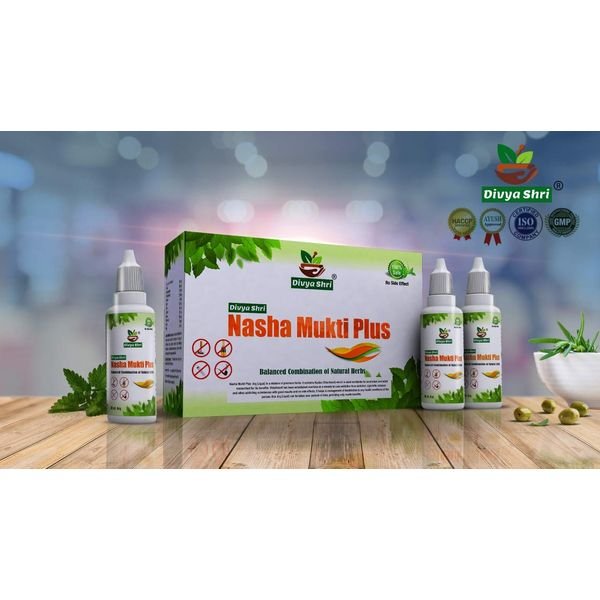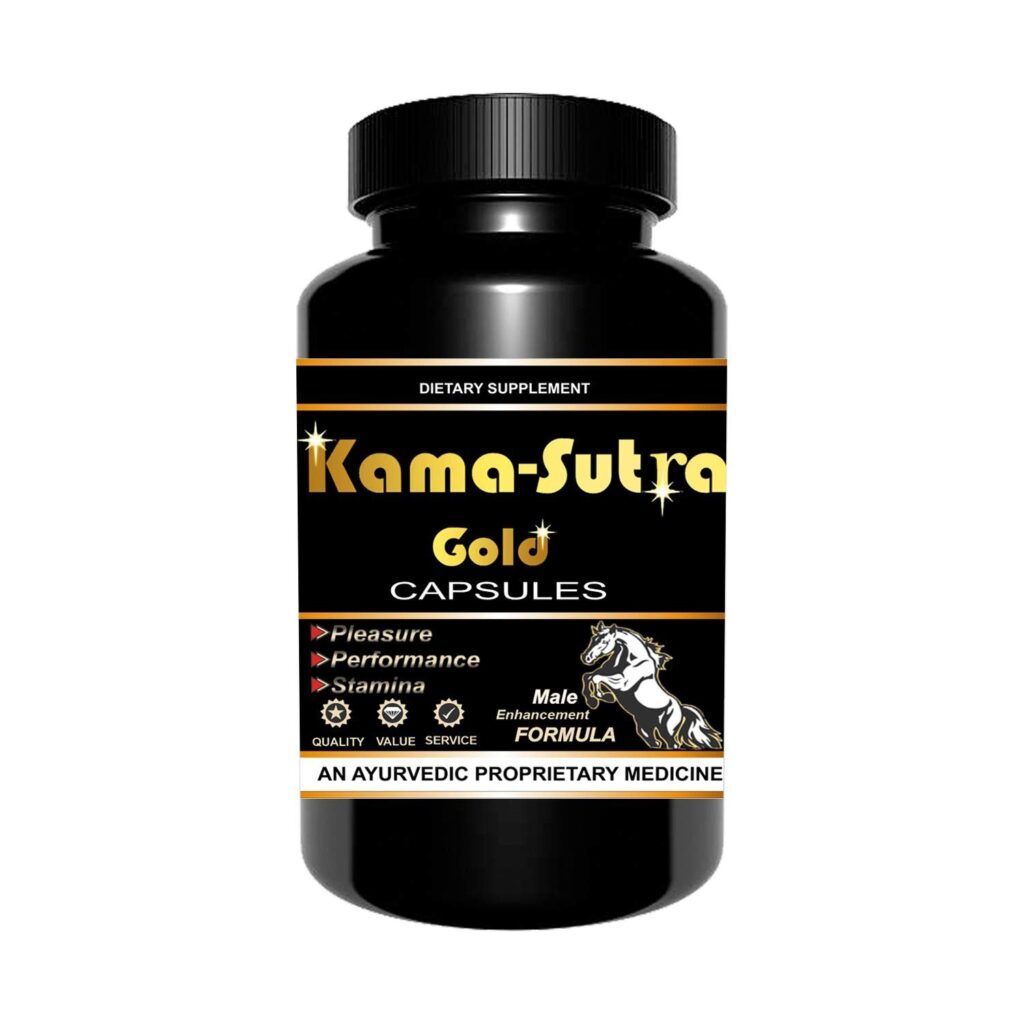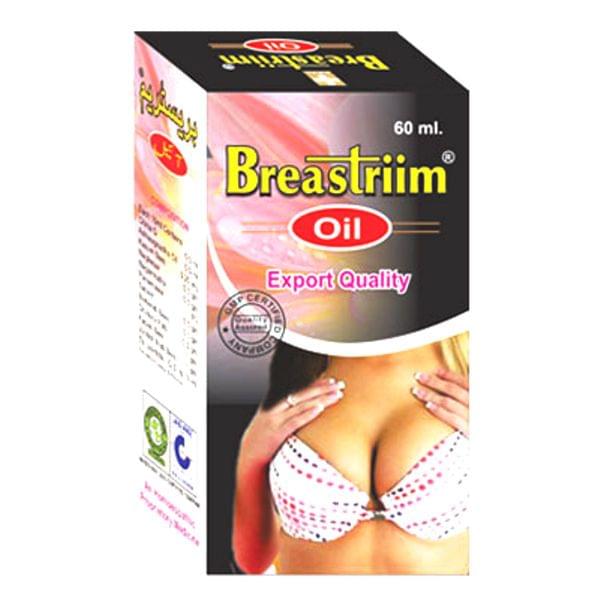Psoriasis is a chronic skin condition that affects millions worldwide, causing discomfort and social stigma. Despite various treatments available, many individuals continue to struggle with managing its symptoms. However, a new beacon of hope has emerged in the form of psoriasis relief oils. These revolutionary products promise to soothe irritated skin and improve quality of life. In this article, ‘A Drop of Relief: The Revolutionary Psoriasis Oil for Skin Health,’ we delve deep into understanding psoriasis, explore the science behind these oils, and provide guidance on choosing and integrating them into daily skin care routines, supplemented by real-life success stories.
Key Takeaways
- Psoriasis relief oils offer a natural and innovative approach to managing the symptoms of psoriasis, providing a soothing alternative to conventional treatments.
- Understanding the ingredients and their healing properties is crucial for selecting an effective psoriasis oil that interacts positively with psoriatic skin.
- Clinical studies support the efficacy and safety of certain oils, highlighting their potential as a game-changer in the treatment of psoriasis.
- Personalized solutions and proper application techniques are key to maximizing the benefits of psoriasis oils for individual skin types and conditions.
- Incorporating psoriasis oil into a comprehensive skin care routine, along with lifestyle adjustments, can lead to significant long-term improvements in skin health and quality of life.
Understanding Psoriasis: A Skin Condition Overview
Defining Psoriasis and Its Symptoms
Psoriasis is a chronic autoimmune condition characterized by the rapid buildup of skin cells. This accelerated growth leads to the formation of thick, red, scaly patches that can be itchy and sometimes painful. The severity and coverage of these patches can vary greatly from person to person.
Symptoms of psoriasis may include:
- Red patches of skin covered with thick, silvery scales
- Small scaling spots (commonly seen in children)
- Dry, cracked skin that may bleed
- Itching, burning, or soreness
- Thickened, pitted, or ridged nails
- Swollen and stiff joints
While the exact cause of psoriasis remains unclear, it is understood to be related to an immune system issue with T cells and other white blood cells, known as neutrophils, in the body.
Psoriasis can have various triggers that may initiate or worsen the condition, such as stress, cold weather, infections, and certain medications. Managing these triggers is a key component of effective treatment strategies.
The Impact of Psoriasis on Daily Life
Living with psoriasis extends beyond the physical symptoms; it can profoundly affect a person’s daily life. The persistent itchiness and discomfort can disrupt sleep and concentration, making routine tasks challenging. Social interactions often become a source of anxiety, as the visible nature of the condition can lead to self-consciousness and, in some cases, social stigma.
Stress is not only a common trigger for psoriasis flare-ups but also a consequence of managing the condition. The need for constant care and the unpredictability of symptoms can create a cycle of stress and symptom exacerbation. This can impact mental health, leading to feelings of isolation and depression.
The burden of psoriasis is not just skin deep; it can ripple through every aspect of life, from personal relationships to professional ambitions.
Understanding the full impact of psoriasis on daily living is crucial for developing comprehensive care strategies. It’s not just about managing the skin; it’s about nurturing the whole person.
Current Treatments and Their Limitations
While the medical community has made strides in treating psoriasis, the journey to clear skin is often fraught with challenges. Current therapies, ranging from topical creams to systemic medications and light therapy, offer relief to many. However, they come with a spectrum of limitations that can diminish their effectiveness or appeal.
Efficacy varies widely among patients, with some experiencing significant improvement while others see little to no change. Side effects, too, are a concern, as some treatments can cause adverse reactions that range from mild irritation to more severe complications. Moreover, the inconvenience of frequent applications or clinic visits can lead to poor adherence, undermining the potential benefits of treatment.
The quest for a treatment that is both effective and manageable is ongoing, highlighting the need for innovative solutions in the realm of psoriasis care.
- Cost: Treatments can be expensive, and insurance coverage is variable.
- Accessibility: Not all treatments are available to every patient due to geographic or economic constraints.
- Long-term use: Some treatments lose effectiveness over time or cannot be used indefinitely due to potential risks.
The Science Behind Psoriasis Relief Oils
Natural Ingredients and Their Healing Properties
The quest for natural healing has led to the discovery of various oils that offer relief for psoriasis sufferers. Essential oils, such as tea tree, lavender, and peppermint, are renowned for their anti-inflammatory and soothing properties. These oils, when applied topically, can help to reduce the redness, itching, and scaling associated with psoriasis.
Jojoba oil is another key ingredient often found in psoriasis relief oils. Its composition closely resembles human sebum, which means it can deeply moisturize and protect the skin without causing irritation.
The synergy of these natural ingredients can significantly enhance skin health, providing a gentle yet effective approach to managing psoriasis symptoms.
Here is a list of commonly used natural ingredients in psoriasis oils and their known benefits:
- Tea Tree Oil: Antiseptic and anti-inflammatory properties.
- Lavender Oil: Promotes relaxation and healing.
- Peppermint Oil: Cooling effect on irritated skin.
- Jojoba Oil: Moisturizes and mimics natural skin oils.
- Eucalyptus Oil: Pain relief and anti-inflammatory effects.
Selecting the right combination of these ingredients can lead to a tailored solution that addresses individual symptoms and skin types.
How Oils Interact with Psoriatic Skin
The interaction between oils and psoriatic skin is a delicate balance that hinges on the oil’s composition and the skin’s current condition. Natural oils are known for their ability to penetrate the skin barrier, providing moisture and nutrients directly to the affected areas. This can lead to a reduction in the scaling and itching that are characteristic of psoriasis.
Psoriatic skin often suffers from a compromised barrier function, which makes it more susceptible to irritation and dryness. Oils, especially those with chemical-free formulations, can help to restore this barrier, promoting a healthier skin environment. Notably, essential oils are recognized for their soothing properties, which can aid in relaxation and stress relief—factors that are crucial in managing psoriasis flare-ups.
The right blend of oils can significantly enhance the skin’s appearance and texture, offering a sense of relief to those affected by psoriasis.
While the benefits of oils are clear, it is important to understand that not all oils are created equal. Here is a list of common oils used for psoriasis and their known effects:
- Jojoba oil: Mimics the skin’s natural oils, promoting hydration.
- Tea tree oil: Has antiseptic properties, reducing the risk of infection.
- Coconut oil: Provides deep moisture and reduces inflammation.
These oils, when chosen and applied correctly, can be a valuable addition to a psoriasis treatment regimen.
Clinical Studies: Efficacy and Safety
The advent of psoriasis relief oils has been met with both optimism and scrutiny. Clinical studies have played a pivotal role in validating the efficacy and safety of these oils for individuals suffering from psoriasis. Researchers have focused on various metrics to assess the performance of these oils, including the reduction of psoriasis symptoms and the improvement of skin health over time.
Clinical trials have shown that certain oils can significantly alleviate the symptoms of psoriasis, leading to a better quality of life for patients. However, it is crucial to note that results can vary based on the oil’s composition and the individual’s skin type.
The safety profile of psoriasis oils is generally favorable, with most studies reporting only mild side effects, if any. This is encouraging for long-term use, especially for those seeking alternatives to traditional treatments.
Here is a summary of key findings from recent studies:
- Reduction in redness and scaling
- Improvement in skin hydration
- Decrease in itchiness and discomfort
- Enhanced skin barrier function
While these outcomes are promising, ongoing research is essential to fully understand the long-term implications of using psoriasis oils as a treatment option.
Choosing the Right Psoriasis Oil
Key Factors to Consider When Selecting an Oil
When venturing into the world of psoriasis relief oils, it’s crucial to understand that not all oils are created equal. Selecting the right oil is pivotal to managing symptoms effectively. Here are some key factors to consider:
- Purity and Quality: Look for oils that are 100% pure, without additives or preservatives that could irritate the skin.
- Ingredient Source: Prefer oils with ingredients sourced from organic, sustainable farms to ensure they are free from harmful pesticides.
- Absorption Rate: Some oils are absorbed more quickly than others, which can affect their efficacy.
- Concentration of active ingredients is also a significant factor, as higher concentrations can provide more potent relief.
It’s essential to choose an oil that not only soothes the skin but also aligns with your personal health philosophy and lifestyle.
Clinical studies, such as one involving a microemulsion system based on jojoba oil, have shown promising results in the topical treatment of psoriasis. This underscores the importance of research-backed options when making your selection.
Topical Application: Tips and Best Practices
Applying psoriasis oil can be a soothing ritual that not only nourishes the skin but also provides a moment of self-care. Ensure the skin is clean and slightly damp before application to maximize absorption. Gently massage the oil into the skin in a circular motion, which can help improve circulation and enhance the oil’s effectiveness.
Consistency is key when using psoriasis oils topically. Establishing a routine ensures that the skin is regularly receiving the nourishment it needs. Below is a simple guideline to follow:
- Start with a patch test to ensure no allergic reaction occurs.
- Apply the oil once or twice daily, or as recommended by a healthcare provider.
- Use enough oil to cover the affected areas without leaving excess.
Remember, while psoriasis oils are generally safe, they should be used as part of a comprehensive skin care plan. It’s important to monitor your skin’s response and adjust usage as needed.
When selecting an oil, consider the advice from MyPsoriasisTeam suggesting that a mixture of essential oils and a carrier oil can be a safe topical option, as noted by Johns Hopkins Medicine.
Personalized Solutions: Tailoring to Your Skin Type
When selecting a psoriasis relief oil, it’s crucial to consider your unique skin type. Cutisora Oil, a revolutionary skincare product, may offer a personalized solution. This oil is crafted from natural ingredients, ensuring a gentle yet effective approach to managing psoriasis symptoms.
- Normal Skin: Typically requires a balanced oil that hydrates without causing greasiness.
- Dry Skin: Benefits from richer, more emollient oils to provide extra moisture.
- Oily Skin: Needs lightweight, non-comedogenic oils that won’t clog pores.
- Sensitive Skin: Should opt for oils with anti-inflammatory properties to soothe irritation.
Finding the right oil is a process of trial and error, but understanding your skin’s needs can guide you to a product that offers relief and comfort.
Remember, the goal is to achieve a harmonious balance where the oil supports the skin’s natural barrier without exacerbating psoriasis symptoms. Swasthya Shopee specializes in Ayurvedic products and herbal medicines, catering to various health and personal care needs, which may include options for different skin types.
Real-Life Success Stories: Testimonials and Case Studies
Transformations: Before and After Comparisons
The journey from the discomfort and embarrassment of psoriasis to smooth, clear skin can be visually striking. Before and after comparisons of psoriasis sufferers who have used revolutionary oils reveal not just a physical transformation but also a profound emotional relief. One such product that has garnered attention is the 777 Oil, a herbal preparation that has shown promising results.
Patients report significant reductions in redness, scaling, and thickness of psoriatic plaques. The following table illustrates the improvements observed in a small group of participants over a 12-week period:
| Week | Redness | Scaling | Thickness |
|---|---|---|---|
| 0 | Severe | Severe | Severe |
| 4 | Moderate | Moderate | Moderate |
| 8 | Mild | Mild | Mild |
| 12 | Minimal | Minimal | Minimal |
The consistent application of psoriasis oils can lead to a gradual but steady improvement in skin condition, fostering a sense of normalcy and boosting self-esteem.
Choosing the right oil can be a life-changing decision for many, as it not only alleviates the physical symptoms but also contributes to a healthier, more confident lifestyle.
Patient Experiences and Quality of Life Improvements
The introduction of psoriasis relief oils has been a game-changer for many patients, offering a sense of normalcy and comfort in their daily lives. Personal accounts highlight significant improvements in both the appearance of their skin and their overall well-being.
Quality of life has been a critical measure in evaluating the success of these oils. Users report reduced redness, itching, and scaling, which in turn has led to enhanced self-esteem and social interaction. The psychological impact of these changes cannot be overstated, as many individuals with psoriasis struggle with social stigma and emotional distress.
- Reduced redness and itching
- Less scaling and smoother skin
- Improved self-esteem
- Enhanced social interaction
The relief provided by psoriasis oils extends beyond the physical symptoms, fostering a more positive outlook on life and a renewed sense of hope.
Incorporating simple yet effective tips for healthy skin into one’s routine can complement the benefits of psoriasis oils. These include using a mild cleanser, moisturizing regularly, and consuming vitamins C and E, which are known for their skin-healing properties.
Long-Term Benefits and Maintenance
The journey to managing psoriasis is ongoing, but incorporating a specialized psoriasis oil can lead to significant long-term skin health benefits. Consistent use of these oils is key to maintaining the skin’s hydration and elasticity, potentially reducing the frequency and severity of flare-ups over time.
Adherence to a regular maintenance routine not only helps in preserving the results but also supports the skin’s natural barrier function. This is crucial for defending against environmental stressors and irritants that can exacerbate psoriasis symptoms.
- Improved skin texture
- Reduction in redness and scaling
- Enhanced overall skin appearance
The goal is to achieve a balanced skin care regimen that aligns with your lifestyle and minimizes the impact of psoriasis on your daily activities.
For those who have found relief with psoriasis oils, the long-term benefits extend beyond the physical. Many report a boost in self-confidence and a decrease in the psychological burden associated with the condition. It’s important to remember that while psoriasis oils can be highly effective, they should be part of a comprehensive approach that includes medical advice, healthy living, and possibly other treatments.
Integrating Psoriasis Oil into Your Skin Care Routine
Daily Regimens for Optimal Results
Incorporating psoriasis oil into your daily skin care routine can be a game-changer for managing symptoms and improving skin health. Consistency is key; using the oil as part of your morning and evening rituals can help maintain the skin’s moisture balance and reduce flares.
To achieve the best results, follow a simple regimen:
- Cleanse your skin gently to remove impurities without stripping natural oils.
- Pat the skin dry and apply a thin layer of psoriasis oil while the skin is still slightly damp.
- Allow the oil to absorb fully before dressing or applying other products.
Remember, less is often more. Using too much oil can lead to a greasy feel and may not increase its effectiveness.
Adjusting the amount of oil and frequency of application may be necessary as you monitor your skin’s response. Including vitamins and supplements like folic acid, fish oil, selenium, and vitamin D, as suggested by sources such as WebMD, may further improve the outcomes for those with moderate to severe psoriasis.
Combining Oils with Other Treatments
Integrating psoriasis relief oils with other treatments can lead to a more comprehensive care plan. Combining the soothing effects of oils with medically prescribed treatments can enhance overall skin health. It’s important to consult with a healthcare provider to ensure compatibility and safety when using multiple treatments.
Topical steroids, light therapy, and systemic medications are commonly paired with psoriasis oils. Here’s a brief guide on how to combine them effectively:
- Topical Steroids: Apply psoriasis oil after the steroid has been absorbed to avoid dilution and maximize the benefits of both treatments.
- Light Therapy: Use oils before light therapy to protect the skin, but ensure they are light and non-comedogenic to prevent blocking UV penetration.
- Systemic Medications: Oils can be used concurrently with oral or injectable medications to provide symptomatic relief from itching and flaking.
Remember, the goal is to create a synergistic effect that promotes healing and reduces symptoms without causing adverse reactions.
Always start with a patch test when introducing a new combination of treatments to monitor for any adverse reactions. Adjustments to the regimen may be necessary based on individual responses and the advice of a healthcare professional.
Lifestyle Adjustments to Enhance Skin Health
Incorporating psoriasis oil into your skincare routine can be significantly bolstered by making certain lifestyle adjustments. Stress management is crucial, as stress can trigger or exacerbate psoriasis flare-ups. Techniques such as meditation, yoga, or even regular exercise can help maintain a calm and balanced state of mind.
Diet also plays a vital role in skin health. Consuming a balanced diet rich in antioxidants—found in fruits, vegetables, and whole grains—can support skin repair and reduce inflammation. It’s advisable to limit foods that can cause inflammation, such as processed foods, sugars, and certain fats.
Hydration is key. Ensuring adequate water intake helps to keep the skin moisturized from the inside out, complementing the hydrating effects of psoriasis oils.
Lastly, adequate sleep and avoiding alcohol and smoking can also contribute to better skin health. These lifestyle choices can help maximize the benefits of psoriasis oils, leading to more effective management of the condition.
Discover the transformative power of Psoriasis Oil and seamlessly incorporate it into your daily skin care routine for healthier, more radiant skin. Our Psoriasis Oil is specially formulated with natural ingredients to soothe and nourish your skin, providing relief from the discomfort of psoriasis. Don’t let psoriasis dictate your skin’s health. Visit our website today to learn more and take the first step towards revitalized skin. Embrace the natural solution to psoriasis care with our premium Psoriasis Oil.
Conclusion
In summary, the emergence of this revolutionary psoriasis oil marks a significant milestone in the management of skin health. Its unique blend of ingredients offers a beacon of hope for those who have long struggled with the discomfort and self-consciousness associated with psoriasis. As we have explored, the oil’s ability to soothe irritation, reduce redness, and promote healing is not just a promise but a reality for many. While individual results may vary, the overall positive feedback and clinical support for the product suggest that it could be a game-changer in the realm of dermatological treatments. As we continue to witness advancements in skin care, this psoriasis oil stands out as a testament to the power of innovative solutions in improving the quality of life for individuals with chronic skin conditions.
Frequently Asked Questions
What exactly is psoriasis and how does it affect the skin?
Psoriasis is a chronic autoimmune condition that results in the rapid buildup of skin cells, leading to scaling on the skin’s surface. It often causes redness, inflammation, and discomfort.
Can psoriasis affect my daily life and activities?
Yes, psoriasis can significantly impact daily life by causing physical discomfort, emotional distress, and social challenges due to its visible symptoms.
Why might traditional treatments for psoriasis be insufficient?
Traditional treatments, such as topical creams and systemic medications, may have limited effectiveness, cause side effects, or lose efficacy over time, prompting the need for alternative solutions like psoriasis oils.
What natural ingredients are commonly found in psoriasis relief oils?
Psoriasis relief oils often contain natural ingredients like tea tree oil, aloe vera, coconut oil, and turmeric, known for their anti-inflammatory and skin-healing properties.
How should I apply psoriasis oil for the best results?
For optimal results, gently massage a small amount of psoriasis oil into the affected areas of the skin until fully absorbed, ideally after bathing when the skin is still moist.
Can lifestyle changes improve the effectiveness of psoriasis oil treatments?
Yes, lifestyle changes such as a balanced diet, stress reduction, and avoiding triggers like alcohol and smoking can enhance the effectiveness of psoriasis oil treatments and overall skin health.











